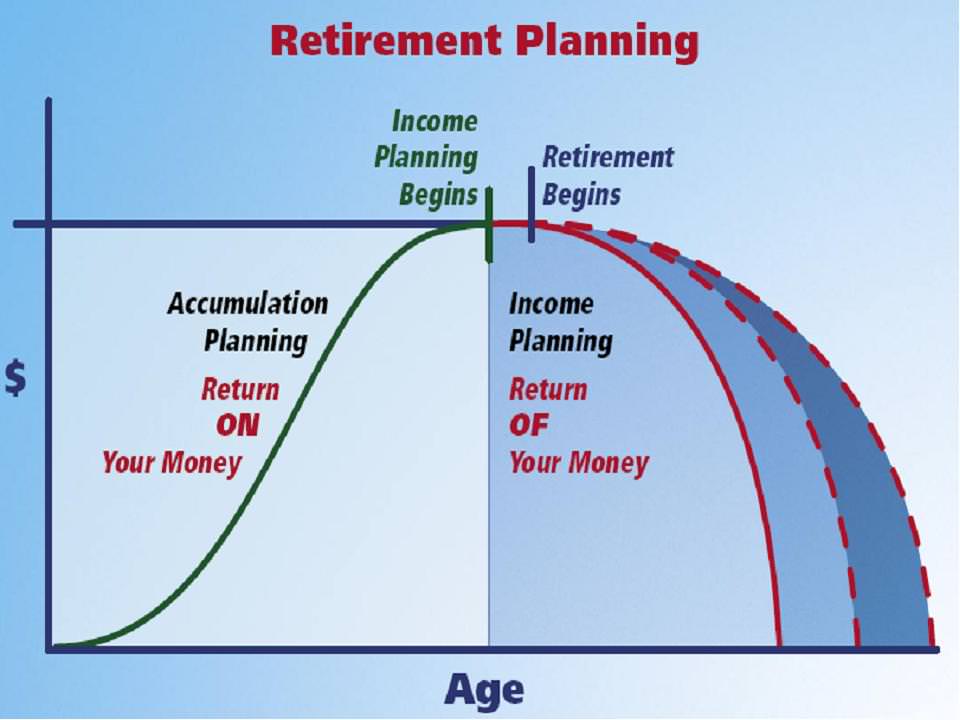Retirement Planning Information

Planning for your retirement is one of the most important parts of managing your personal finances. A good retirement planning costs you nothing, and it’s never too early (or too late) to lay the groundwork for one. Check out the suggestions below and see if you can take steps to improve your retirement planning.
For starters, your retirement planning will never get anywhere if you don’t set long-term goals for yourself. Do you want to simply provide for yourself, or do you want to live a luxurious lifestyle? Do you have a partner to take care of? Consider your answers to these questions carefully. Develop a general sense of the financial position you want to be in at retirement age.
Once you have a better idea of your retirement goals, you’ll find it easier to begin planning your strategy from the top down. Consider the total amount of money you are likely to require. (Don’t forget to take inflation into account!) Where is it going to come from? What percentage of the total will come from investment? How much should come from savings and interest?
You will more than likely want to get at least some of your retirement money from investments. It’s very important that you outline an investment strategy that works for you. Do not be too quick to “sign on” with someone else’s investment plan; make sure that you will get what you want out of the money you invest.
Your tolerance for risk is very important in setting your investment (and your overall retirement) plans. Very few investment strategies offer guaranteed returns. Depending on how much you intend to draw from investing, you can figure out exactly how much risk you will have to expose yourself to. If you find no way to get the money you need without taking on a level of risk you consider unacceptable, consider scaling your goals back.
One good way you can limit your investment risk is by building up a diverse portfolio. All of your eggs should never go into one basket, especially when it comes to something as important as your retirement. Even if individual investments present risk, taking on more than one will reduce the chances that all of them fail. The overall risks involved in a well-diversified investment portfolio are significantly lower than those that come from a few very large investments.
No matter what your retirement planning is, you should take advantage of the assistance your employer can provide for you. A lot of employers offer plans that will match the amount of money you put into your retirement. These plans can seriously amplify the effect of your savings efforts.
Finally, you should always have an emergency fund set aside for unplanned expenses. As you begin to accumulate money for your retirement, it will become a tempting source of relief when money is tight for you. By maintaining a separate emergency fund, you can reduce the temptation to dip into your retirement money.
The earlier that you begin planning for your retirement, the better your final position will be. Even if you start planning later in life, you’ll end up better off than you would without a plan. Using a little common sense and a little sensible advice, like that presented above, can help make your retirement years a lot more comfortable!
